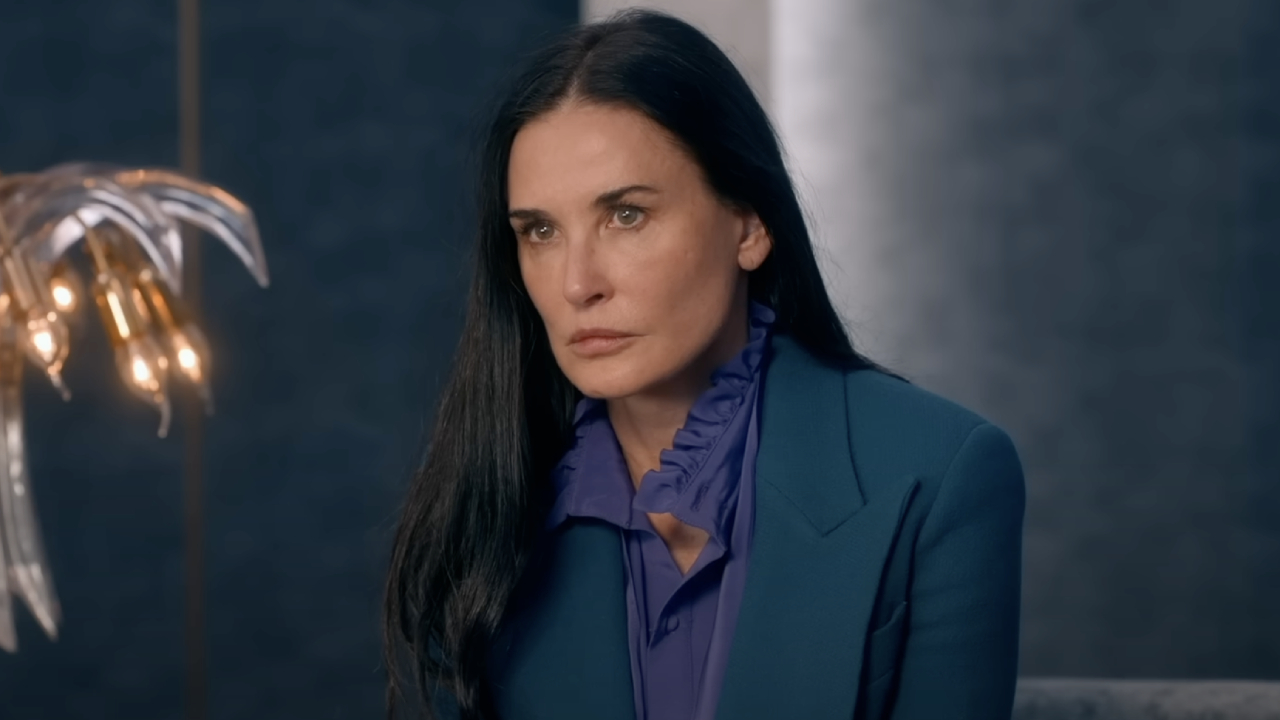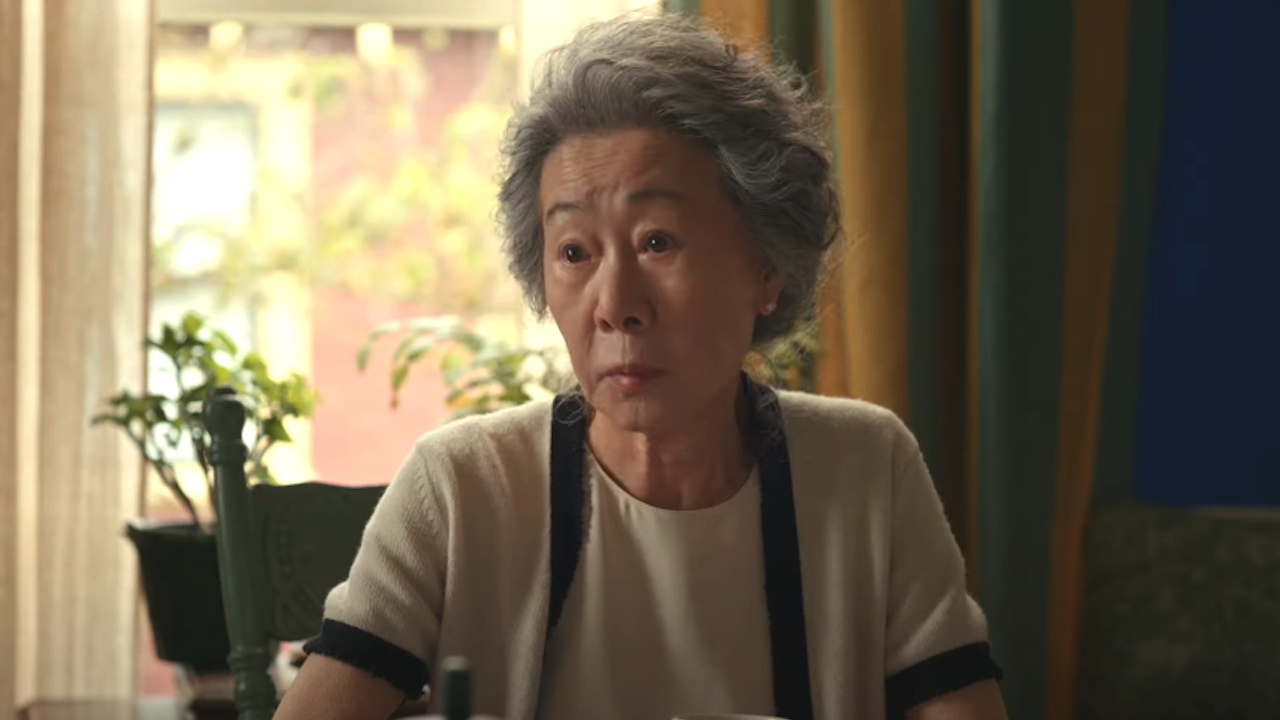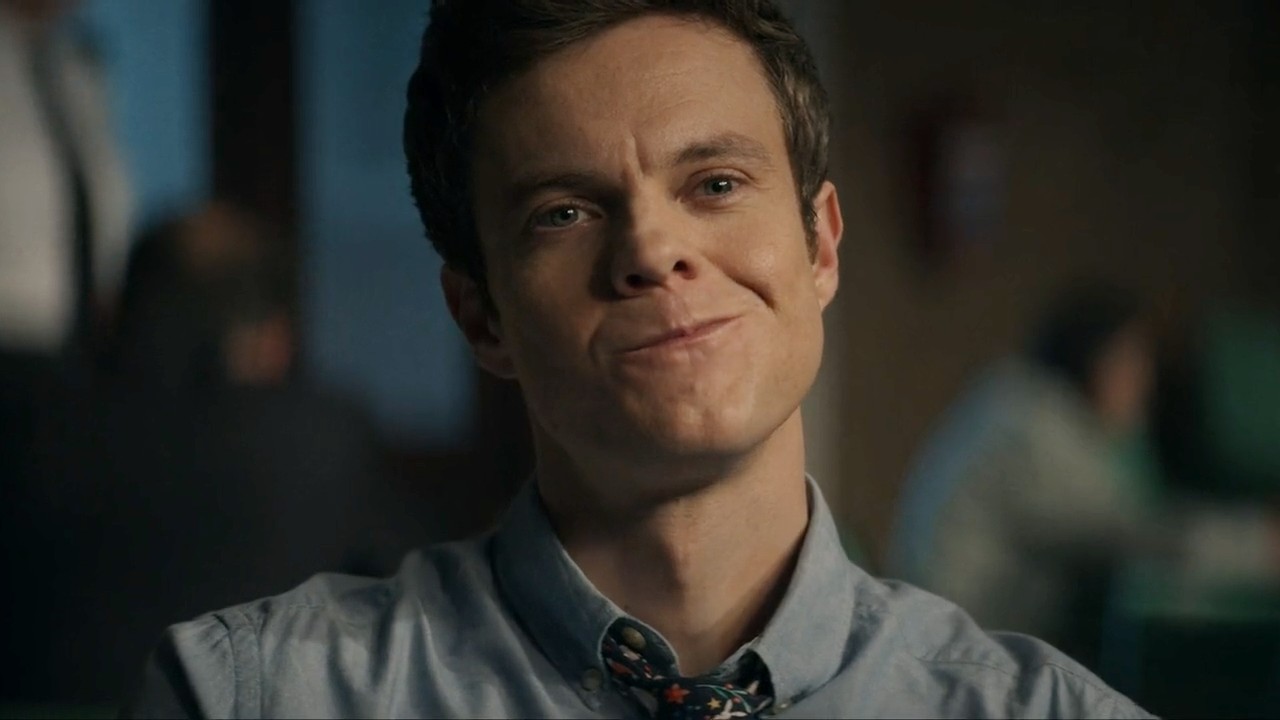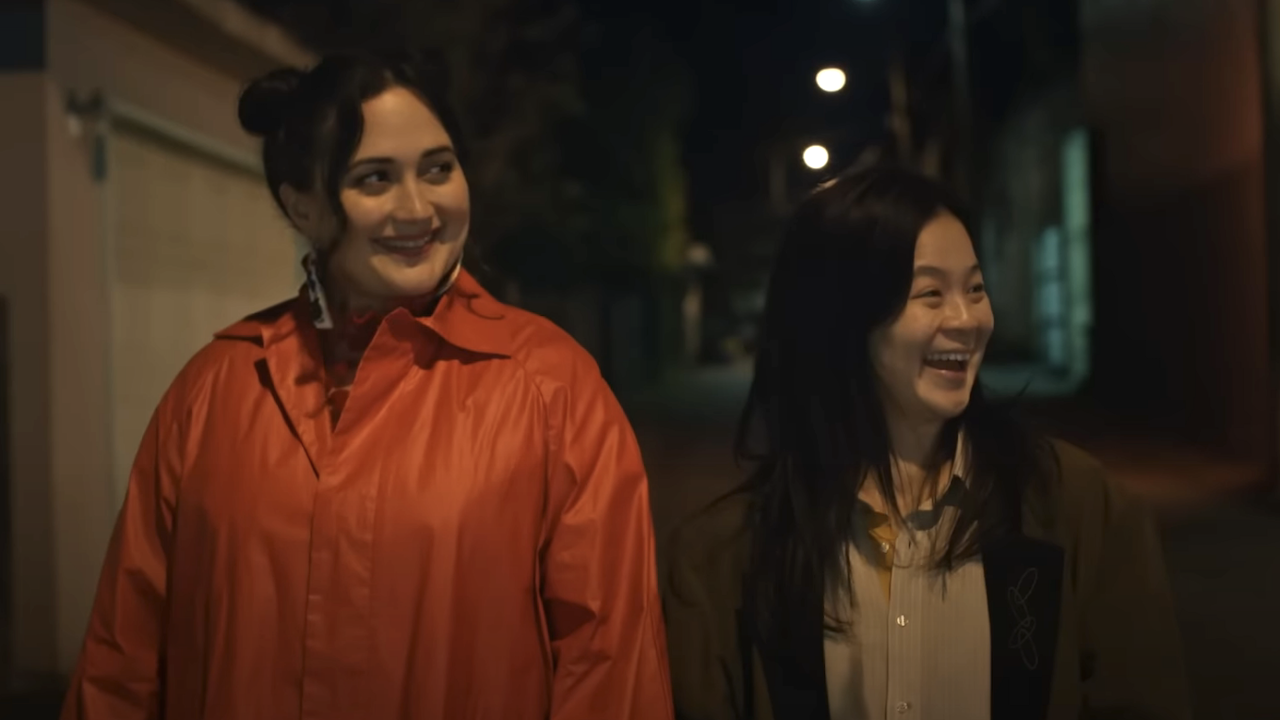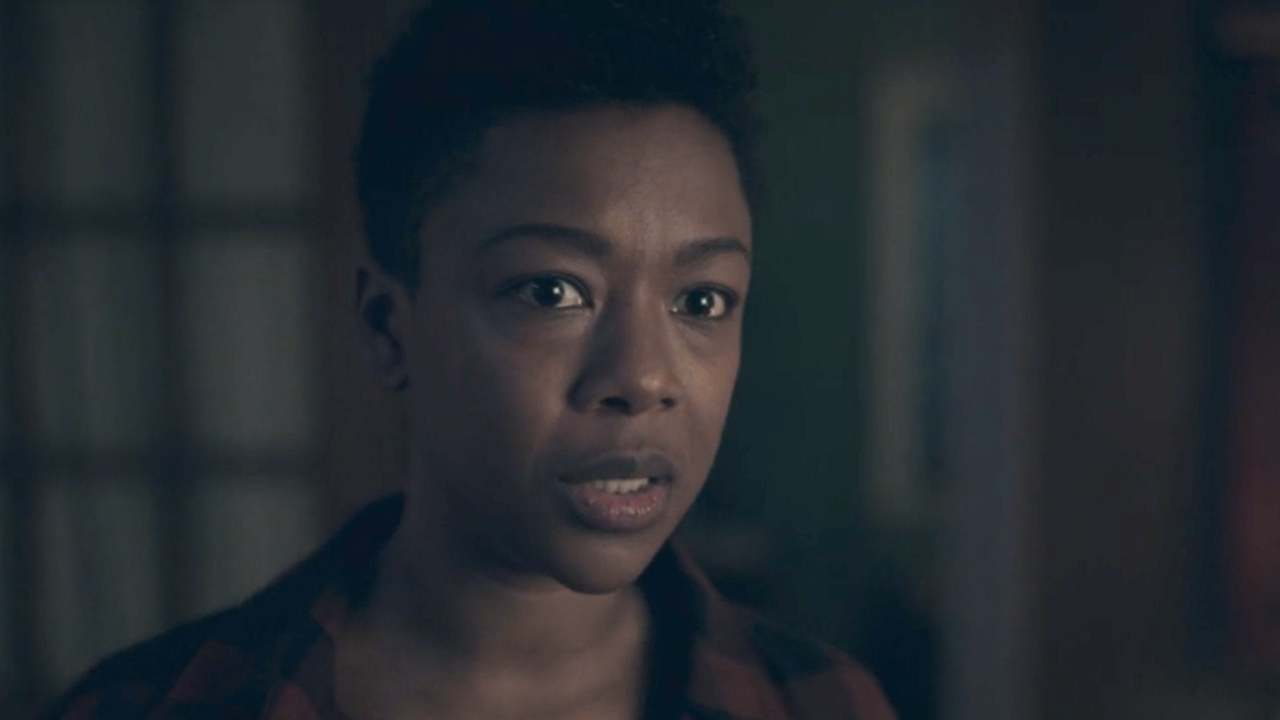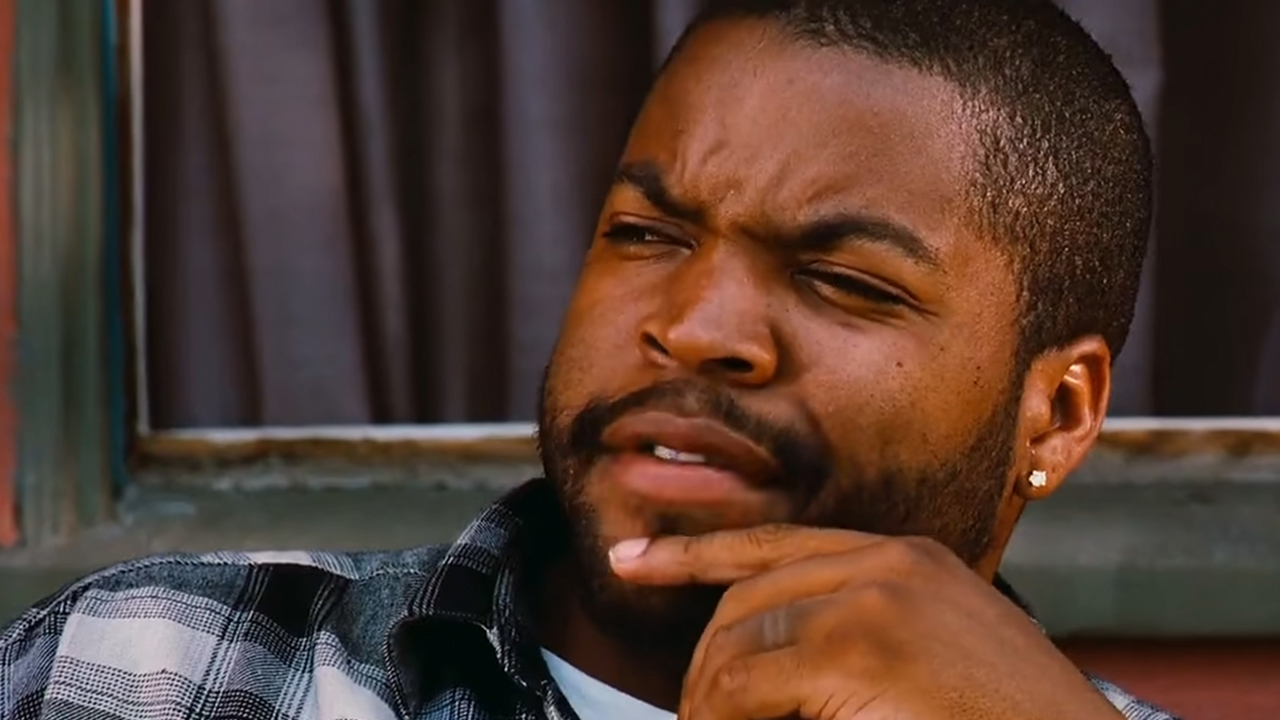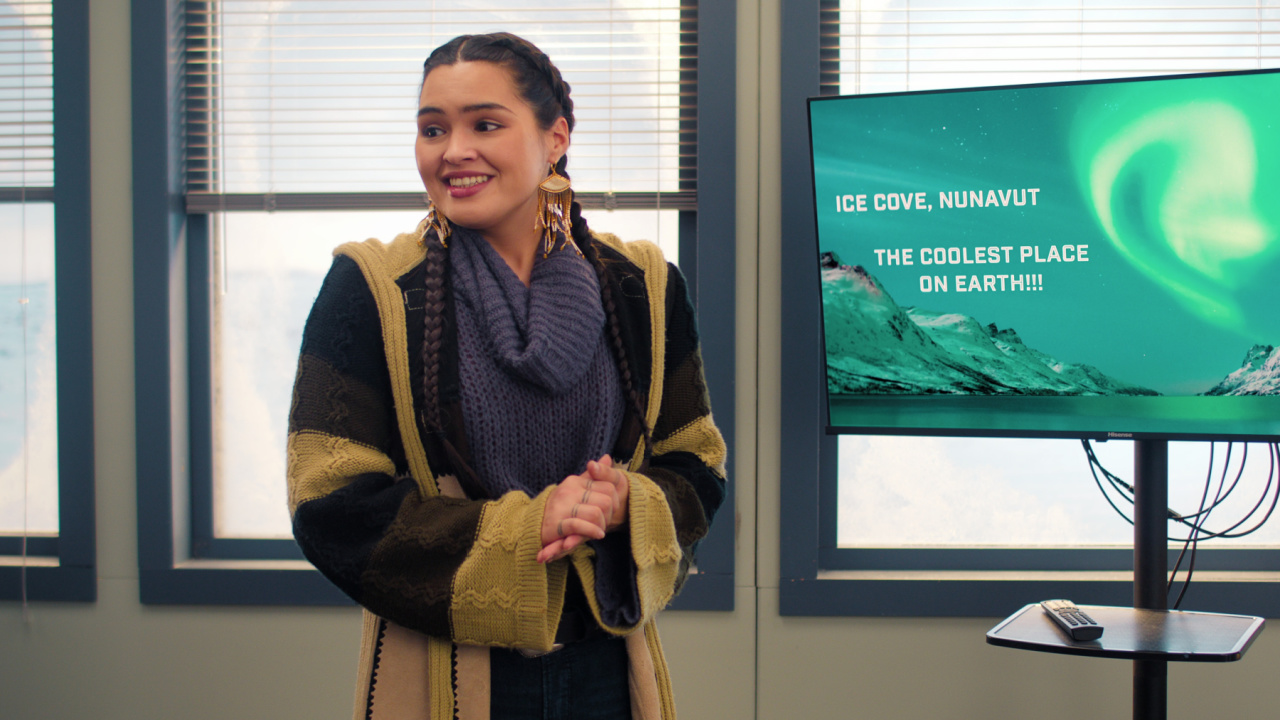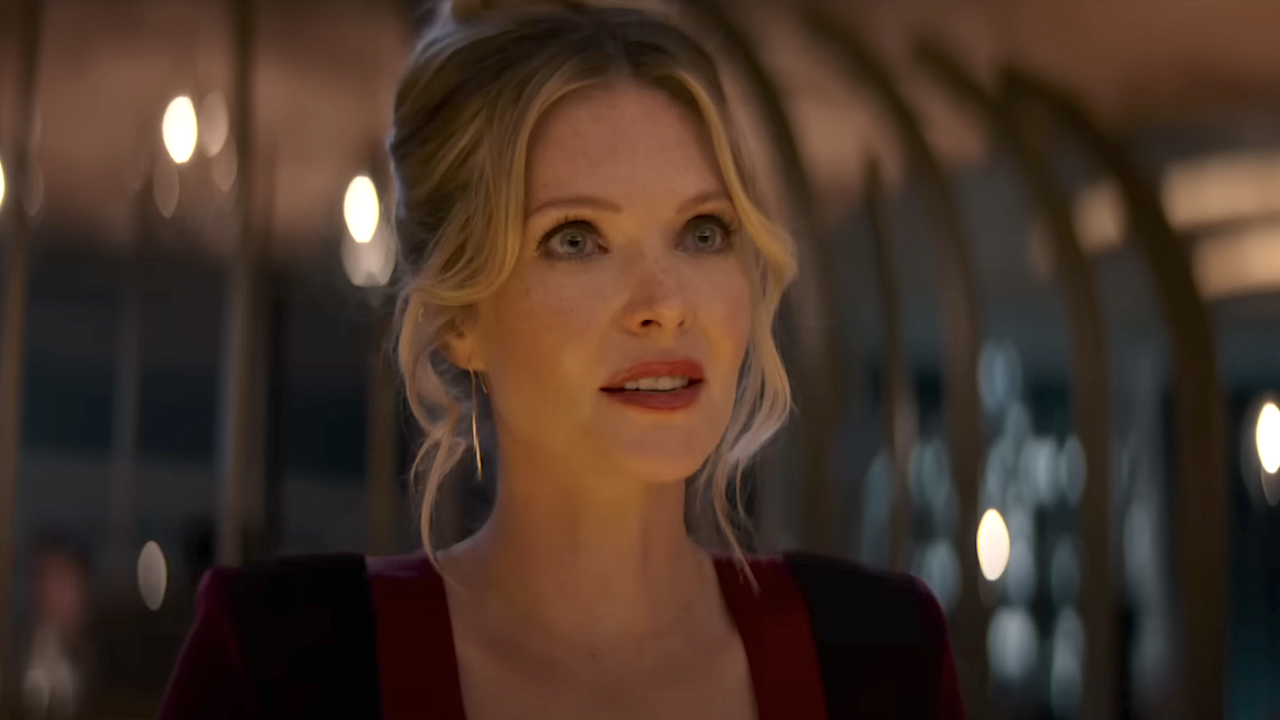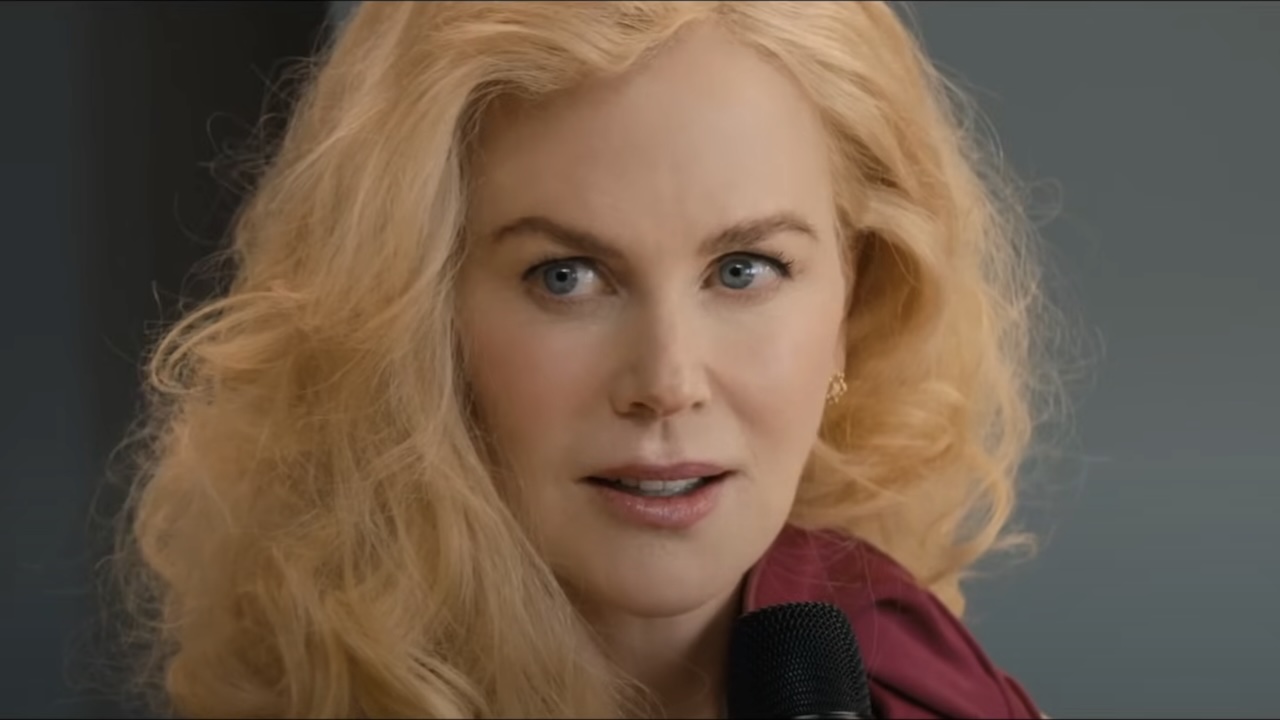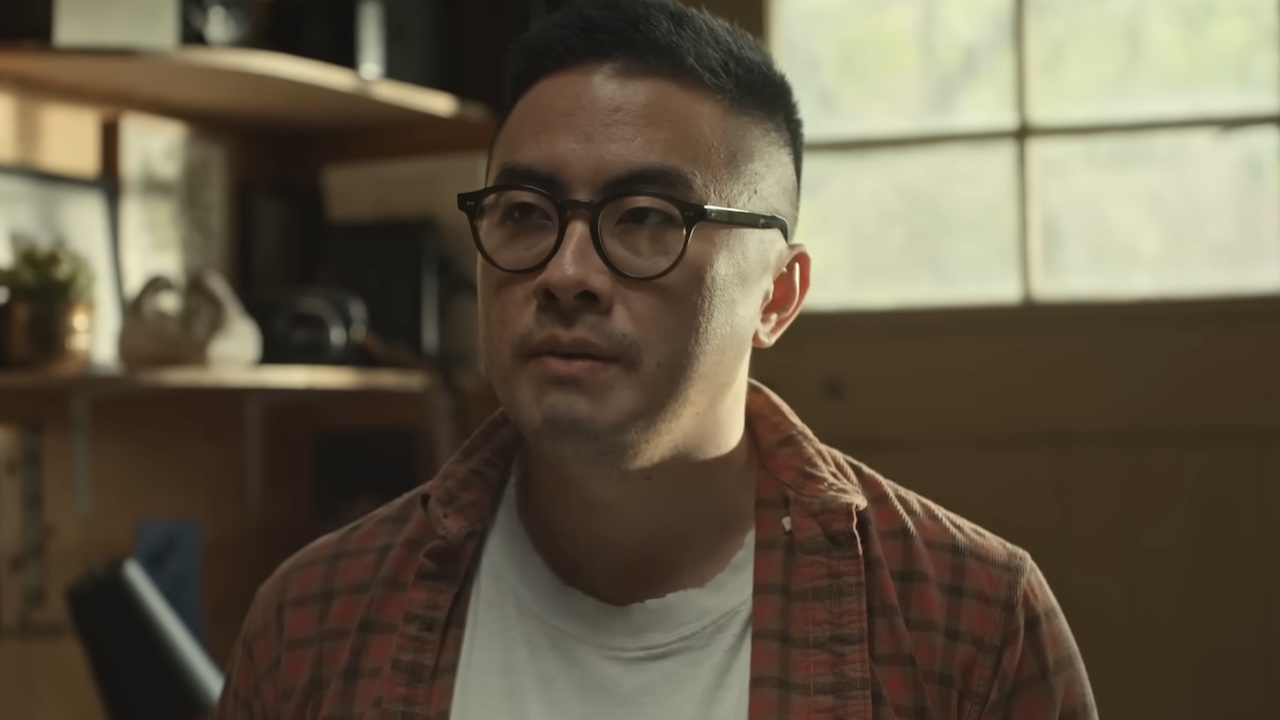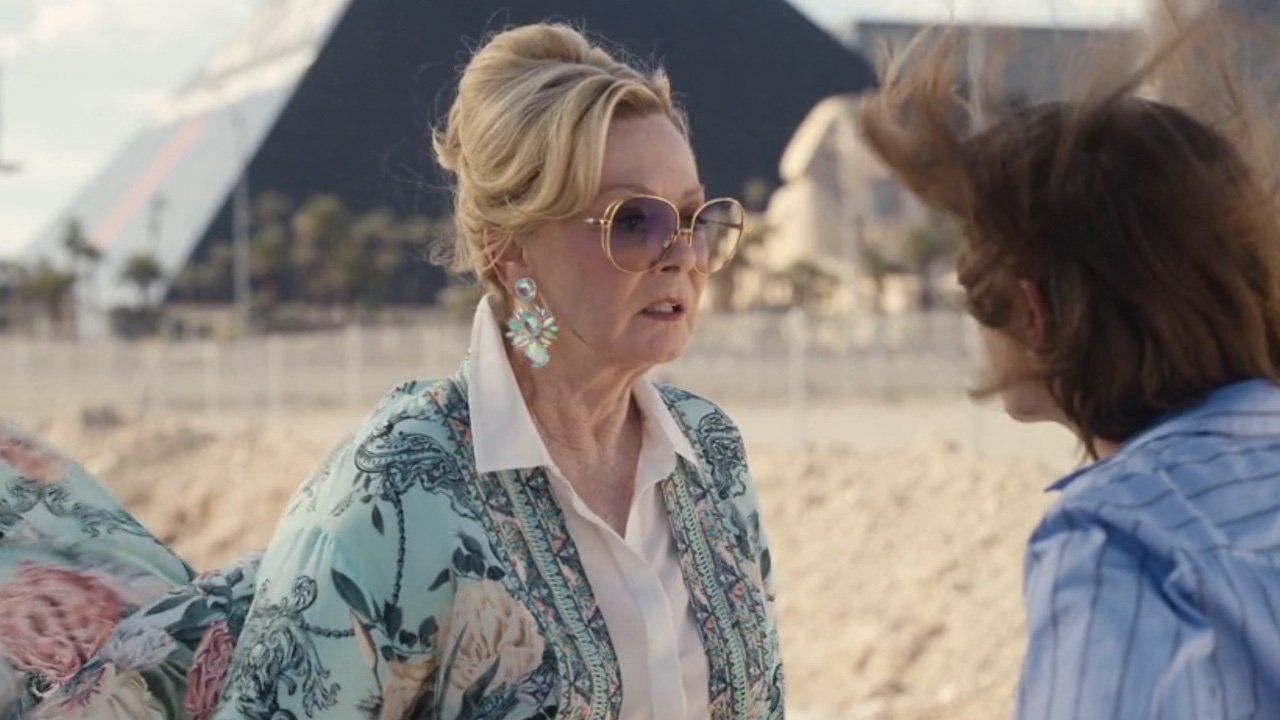Keke Palmer Shares Why New Film Alice Is An ‘Eye-Opener’ About The History Of Racism
Alice explores modern racism at its worst.
Movies often have the power to tell stories lost in the headlines and history books, and one of this weekend’s new releases, Alice, does this in a powerful way. The film starring Keke Palmer follows an enslaved woman living on a plantation who escapes to find out that she is living in the year 1973. Therefore, she was living under the illusion that she could be owned by someone, when by law she was supposed to be free her whole life. What’s even more chilling than that concept is the fact that Alice is inspired by real people in the modern world who lived as slaves.
When CinemaBlend chatted with Keke Palmer about her new movie, which premiered at the Sundance Film Festival earlier this year, she spoke to us about how embodying a character with roots in reality affected her leading performance. In her words:
I would hope that even if this was a fictional story, that I would still be able to play it in a grounded and authentic way. But knowing that a person like this really exists made me want to really make sure that I really was careful and delicate with the portrayal and play [Alice] as honest and real as I could.
First-time writer/director Krystin Ver Linden was inspired by numerous accounts from Black people living in the South of the United States, who have made it known in recent years that they were enslaved in secret. Unaware they were free, there have been multiple accounts of slaves living in the 20th century who were forced into labor, along with being tortured and raped by their “owners.”
Ver Linden was inspired by these accounts, such as the 2006 ABC report of Mae Louise Wall Miller, who recalled that she spent her life doing things like picking cotton without being paid, had to “drink water out of the creek” “like hogs,” and was “beat” and “raped” alongside others in Mississippi until she became free in 1963. Alice may not be beat-for-beat like these stories, but it brings to light the emotional journey of this situation. It elevates the concept of 2020’s Antebellum, which explored these horrors through more fictionalized storytelling.
In Alice, Keke Palmer’s character runs away from the plantation after an altercation with her owner to find herself in a world where the Black Power movement is in full effect and icons like Diana Ross and Pam Grier are bringing empowerment to Black women. In one particularly big emotional moment in the film, Alice reads through history books to find out she’s been a slave the whole time in a free world. Palmer spoke to that moment:
I think it was important to kind of peel back the layers and understand as a young person in today’s world that what we know about that era is all based off of what we learned, meaning there were things put in place that needed to be broken down in that way. There were people in history that did the work to make sure the next generations understood what really went down, but in real time when this era [of slavery] was really existing, the concept of slavery was not something that was really that obvious.
Keke Palmer shared that she felt having a moment in Alice where her character contextualizes the viewpoint of someone who did not live in a space where she knew a world where she could be free. Palmer continued:
That [scene] was important because I think a lot of times people think ‘if I was a slave, or being a slave then, or what made them?’ and that’s from the perspective of knowing. That’s from the perspective of understanding from the outside looking in. But knowing that someone like Alice had not even heard the word ‘slave’ until she read those books. I think it’s a big eye-opener into the world of a slave in a way that we’ve never seen before.
Alice is playing in theaters now. Check out CinemaBlend’s review of Alice and get ready for more Keke Palmer in this summer’s Jordan Peele flick Nope. The actress will star in the horror movie alongside Get Out’s Daniel Kaluuya.
CINEMABLEND NEWSLETTER
Your Daily Blend of Entertainment News

Sarah El-Mahmoud has been with CinemaBlend since 2018 after graduating from Cal State Fullerton with a degree in Journalism. In college, she was the Managing Editor of the award-winning college paper, The Daily Titan, where she specialized in writing/editing long-form features, profiles and arts & entertainment coverage, including her first run-in with movie reporting, with a phone interview with Guillermo del Toro for Best Picture winner, The Shape of Water. Now she's into covering YA television and movies, and plenty of horror. Word webslinger. All her writing should be read in Sarah Connor’s Terminator 2 voice over.
